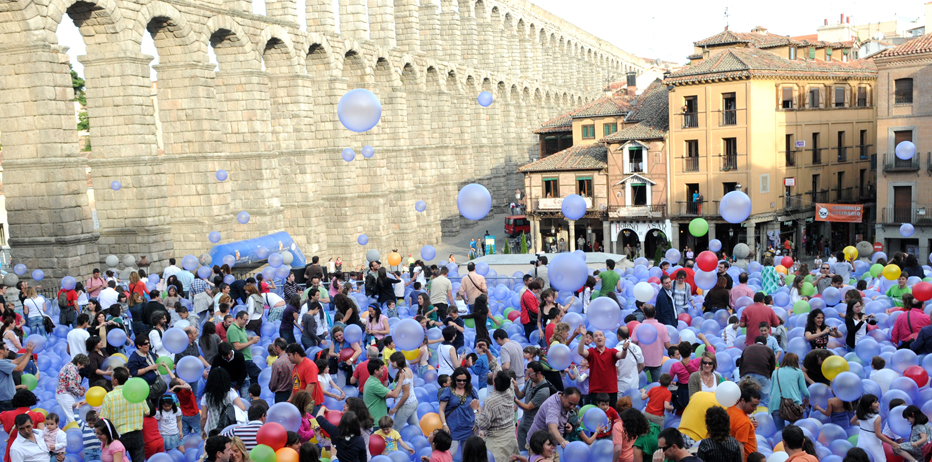Presentation
Under the title of Social Role of Heritage, the purpose of the meeting will be to disclose the good practices carried out by various associations in terms of using World Heritage as a tool for social integration, and to reflect on the role of citizens in their conservation, appreciation and dissemination.
The European World Heritage Networks and their members are invited to present a case study in relation with this theme, which we have divided into three sub-themes:
1) Participative process and World Heritage management
Taking into account the evolution of the nature of the sites on the World Heritage List and the concerns attached to their management, nowadays it has become necessary to aim for an increasing amount of participation from all of the actors involved and affected by their inscription. And yet, identifying who these actors are (inhabitants, institutions, visitors, etc.) and defining the appropriate tools and processes to make such participation effective and efficient is a challenge faced by many of the listed sites.
2) World Heritage, creator of social bonds
In the same way, listening to all of the actors involved in the management of a World heritage site, implies taking into account their needs, as varied and specific as they may be, – they could be handicapped people, elderly people, children or representatives of other minorities- the World Heritage may offer a number of opportunities for the integration of these populations and for the creation of social bonds, at a time when this is so necessary.
3) World Heritage sites: places for innovation and social and economic regeneration
World heritage sites should also be considered as spaces for social co-habitation and dynamism. In some cases, the conservation, restoration or the improvement of listed sites can thus be accompanied by a project that will allow for new uses or the re-adaptation of old ones that will directly benefit local communities (understood in their broader sense) and for the same reason, the entire area. Whether it involves the recovery of public areas, the appearance of new practices or of new profitable activities, heritage constitutes a powerful driving force for development and economic and social innovation.
These are the experiences in the field that we invite you to share on this occasion: the Second Meeting of European World Heritage Associations.

![]()
RAQUEL LUCÍA ATANCE
Organising Committee
2nd Meeting of European World Heritage Associations
Tel.: +34 646 21 86 89.
E-mail: segoviawhmeeting@ciudadespatrimonio.org
www.ciudadespatrimonio.org
Organising comittee
The Meeting has been organised by the World Heritage Cities of Spain Group, with the support of the Spanish Ministry of Education, Culture and Sport, and the collaboration of Segovia City Council, the UNESCO World Heritage Centre, the French Association of World Heritage Sites, the Italian Association of World Heritage Sites and the Nordic World Heritage Work Group.









